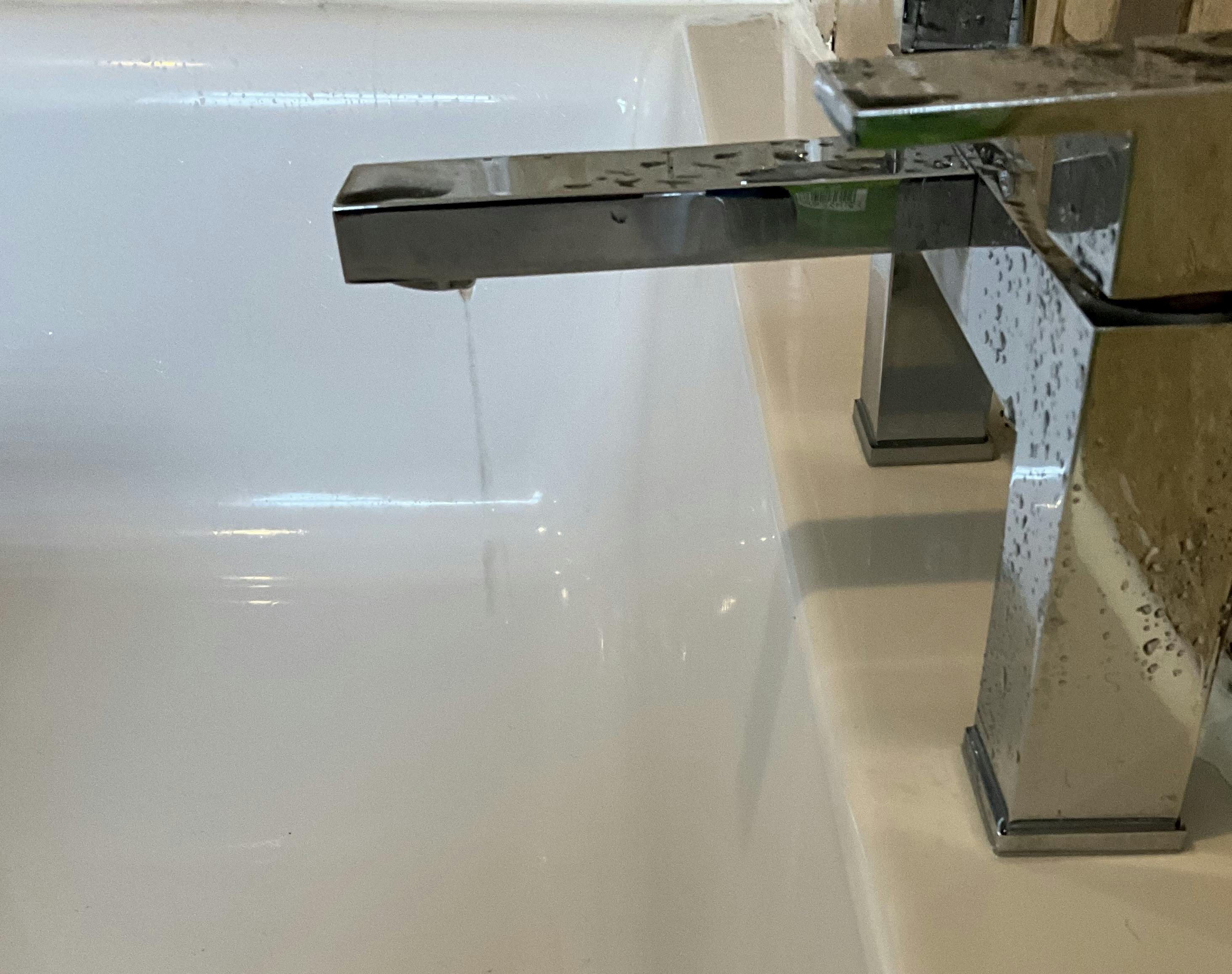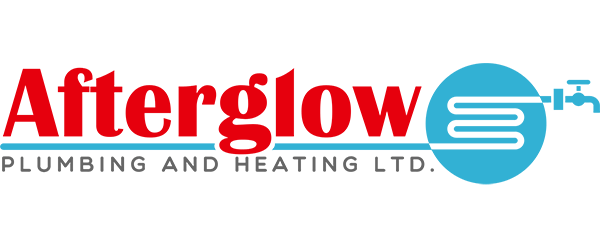Noisy pipe hammer fixed for one of our customers in Birmingham.
Have you ever had the pipes in your house banging so loud that the neighbours came round to tell you to stop being so noisy.. that’s exactly what happened to one of our customers this week in Stirchley in Birmingham. And the cause of this was pipe hammer. The two house were on a shared water supply, so was happening to our customers water supply the neighbours could here.
Having already had a plumber try but fail to fix the noisy pipes our local plumbers got straight to work at putting the situation right. The noise would tend to start when a tap was opened but it was hard for the customer to locate exactly where the noise was coming from. So we started off by using the isolation valves on the pipe work feeding the basins, sinks, toilet and baths. From doing this we was able to determine that it was the bath tap that was causing the noise, because as soon as the isolation valve on the hot side of the mixer tap was closed we could open and tap and not get the dreaded noise. Another sign that was a bit of a giveaway that this tap was a likely cause was that the tap had been dripping. This is be a use the ceramic discs inside the tap had started to wear down. So when other taps where open air would get sucked into the tap and cause the terrible noise. With this tap the discs were no longer available, so we replaced the tap with a new one. Once the water was back on the issue was resolved.

Other causes of noisy pipes and pipe hammer can be!
- Fast-closing valves: Valves that close quickly, such as taps, solenoid valves, washing machine valves, or toilet fill valves, can create a sudden change in water pressure and flow, resulting in pipe hammer. The faster the valve closes, the more severe the pipe hammer is.
- Air in the pipes: Air bubbles or pockets in the pipes can act as cushions that absorb the shock wave of the water flow. However, if the air is expelled or dissolved, the cushioning effect is lost, and the pipe hammer becomes more noticeable.
- Loose pipes: Pipes that are not properly secured or supported can move or rattle when the water flow changes, creating noise and vibration. Loose pipes can also increase the risk of pipe hammer by allowing the shock wave to travel faster and farther.
- Faulty or worn valves: Valves that are faulty or worn can leak or drip, causing the water flow to fluctuate and create pipe hammer. For example, a faulty ball valve in a cold water storage cistern can cause the float to bob up and down, repeatedly opening and closing the valve.
- High water pressure: High water pressure can increase the force and speed of the water flow, making the pipe hammer more likely and more intense. High water pressure can also damage the pipes and valves over time, worsening the problem.
Things you can do to prevent noisy pipes
Ensure all pipes are clipped and supported correctly and your stop tap is fully open and in good order. Replace or repair broken taps or faulty toilet inlet valves. Install a shock arrestor on the pipework near the source of the problem.



